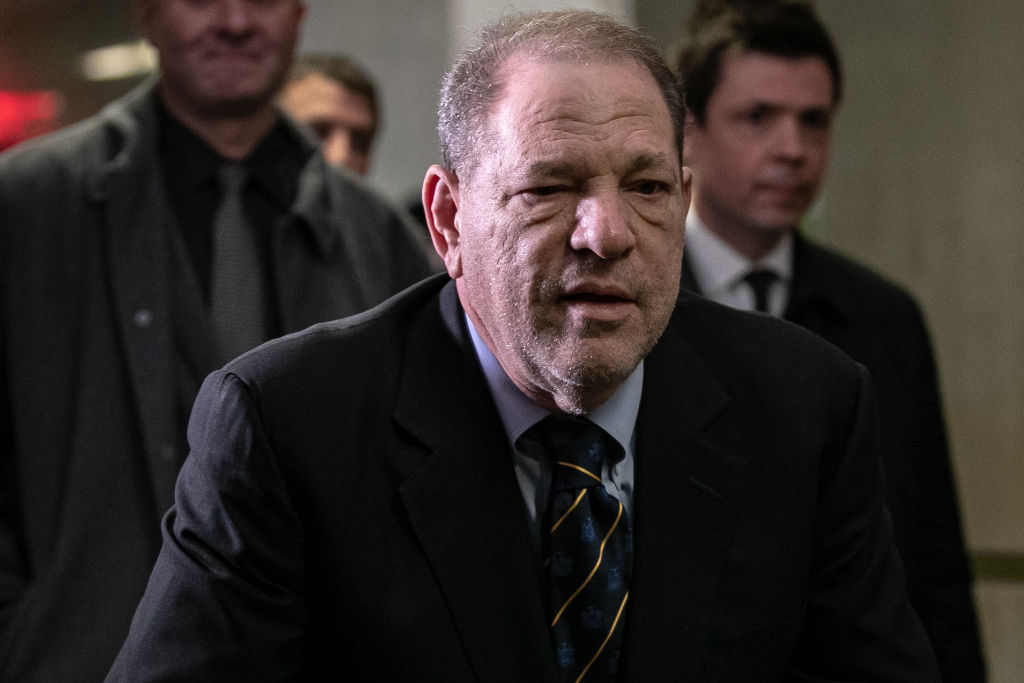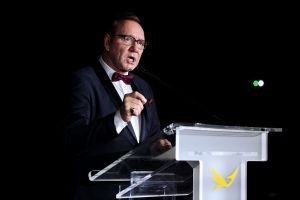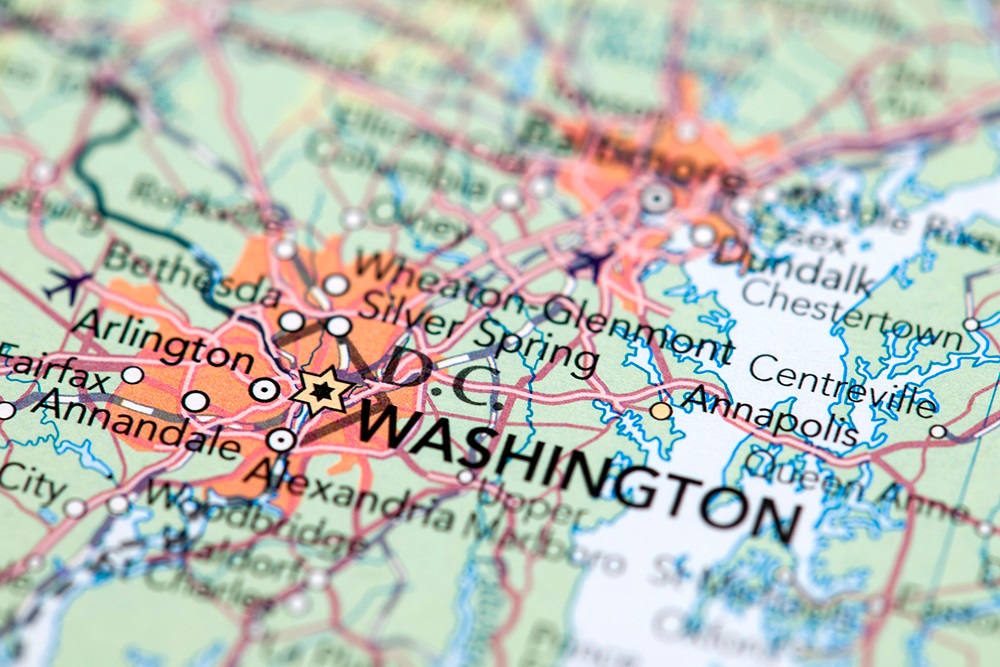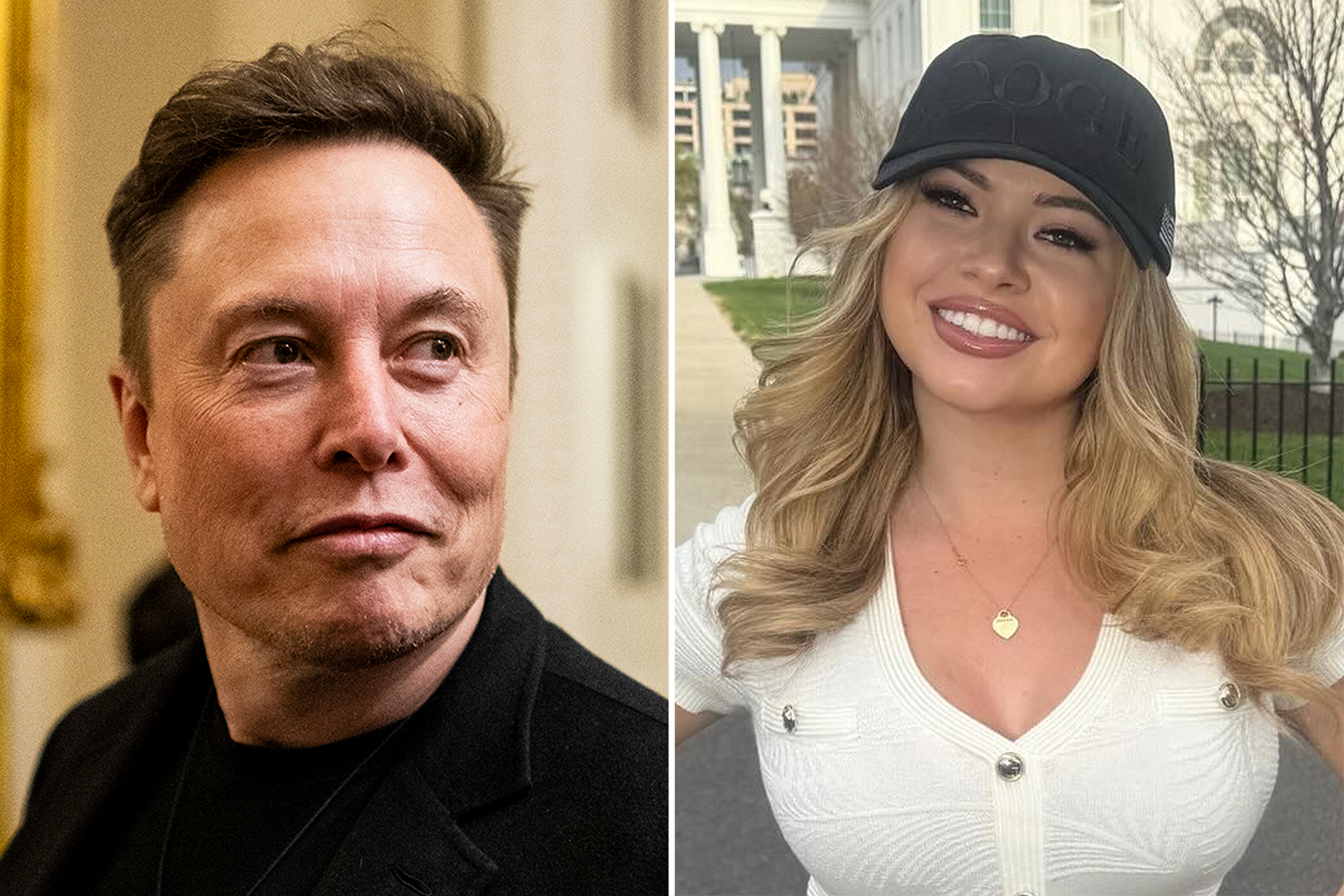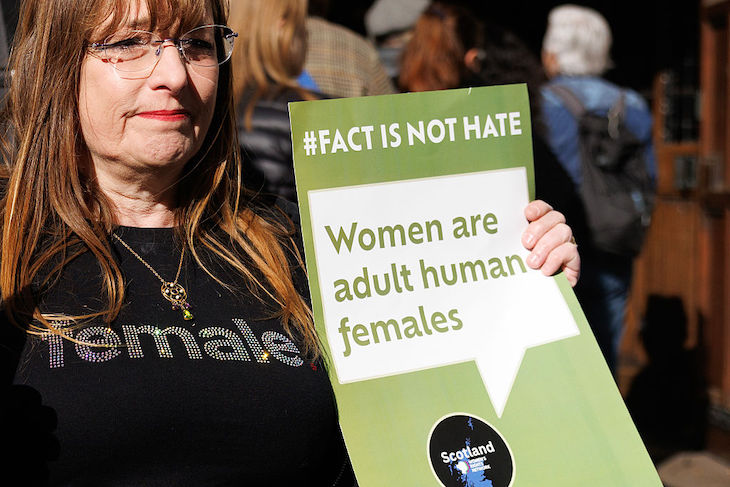Lately, I hear it everywhere in male circles — on podcasts, at bars, muttered in the breakrooms of TV stations — did Harvey Weinstein really do anything wrong? they ask.
I’ve been asking the same question and, like many men, I’m beginning to come around to Weinstein’s side. I’m the last person who wants to defend this turgid, repugnant Democratic-party-piggybank who ran Hollywood like his own personal flesh bank, but there’s something far more evil than being a sex creep of Weinstein’s ilk, and that’s the culture that brought him down.
Two years ago, an unchecked, fearsome ethos of man-hatred bulldozed Tinsel Town during the #MeToo movement. No once-beloved leading actor who’d ever slept with an understudy or hit on his secretary was safe. The unrelenting grip of feminism’s purity test had Hollywood trembling in a totalitarian lockdown that would’ve made the Chinese government blush.
From the sidelines, America laughed, clanked pints, and shrugged told ya so as every white knighting male feminist and Democratic insider who’d ever lectured an audience on women’s rights was suddenly being accused of rape. But would any of that happened had America’s sweetheart, Hillary Clinton, been elected president? Or would the powerful women in Hollywood and media who violently collapsed into tears and threw dishes at their nannies on election night have been satiated? Did they instead turn their frustrations and fury toward the only place where they knew they could win: by devouring their own liberal men?
At the height of #MeToo, most people were acutely aware very few accusations of actual rape or violence were being put forth, if any. #MeToo brought every bad actor and hypocrite out of the woodwork. After hundreds of allegations tumbling out over the months, the takeaway now seems to be that there isn’t a rape epidemic in Hollywood, but that Hollywood is an oversexed industry where powerful men routinely expect sexual favors in exchange for career advancement, and that countless people happily went along with this unspoken agreement until it proved either no longer beneficial, or it became more advantageous to turn against.
Take #MeToo dignitary Asia Argento. We now know she was up to her neck in it on both sides of the user-and-used dynamic, after a young actor accused her of getting him drunk, raping him, and paying him off $380,000 when he was only 17. Every time one of these high-profile allegations blows up, it’s either because it’s not true, or the woman was doing exactly the same thing if not something just as bad.
Who honestly didn’t realize Hollywood worked like that? All you have to do his hang out with a bunch of drama club nerds to see how weirdly horny they are. Most actors will, literally, do anything, and sacrifice all principles, to advance their desperate and difficult careers. Which is what most women did in Hollywood to get where they are: whatever it took.
In Hollywood, home of the young and the beautiful, it takes sex to get where you are, and always has. Ever wonder why there’s no big gay #MeToo movement? I’m not referring to the homosexual pedophile epidemic in Hollywood, which has been briskly swept under the rug. The casting couch must have been the same for gays, but for men sex is more transactional. We are better satisfied by porn — which women generally like less — and hookers — who women generally don’t hire. Sex is a currency for men, just as it is for women, but we don’t give it special emotional significance like women do. That’s why the women of #MeToo tend to be so angry. They are ashamed of themselves for moral and emotional compromises that still haunt them today, and this outpouring gave them license to cleanse themselves of their self-loathing. The men they diddled for movie roles, by comparison, barely remember the girls’ names.
The hoary and pitted face of all this is, of course, Harvey Weinstein, appearing this week in Manhattan criminal court hunched over a walker with tennis balls on the legs. On Wednesday the prosecution rolled out grisly descriptions of sexual encounters, but news reports have failed to mention if the prosecution alleges any of the women actually said, ‘no’, or ‘stop’. The defense, in turn, spent an hour reading text messages and emails between the accusers and Weinstein, often flirty and loving after the encounters.
‘You don’t call Harvey Weinstein a predator in 2020 when you wanted to introduce him to your mother in 2008’, defense attorney Damon Cheronis said. ‘You don’t tell him that you love him in 2016, that you’re tired of being a booty call in 2017, and call him a predator in 2020’.
It’s beginning to sound very familiar. We’re told to ‘believe all women’, yet Hollywood’s excesses and Ferragamo feminism made real rape victims seem less credible, and that’s a monstrous thing. Real victims never make it to left-wing journalists with an anti-male ax to grind two decades later, because real victims call the police before they call their publicist.



